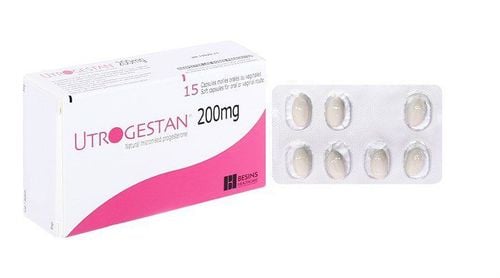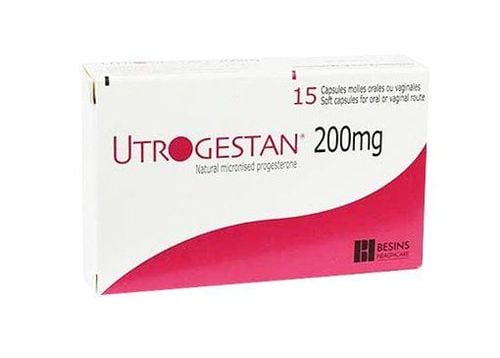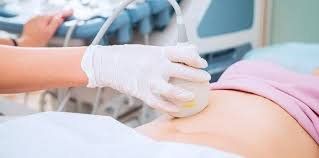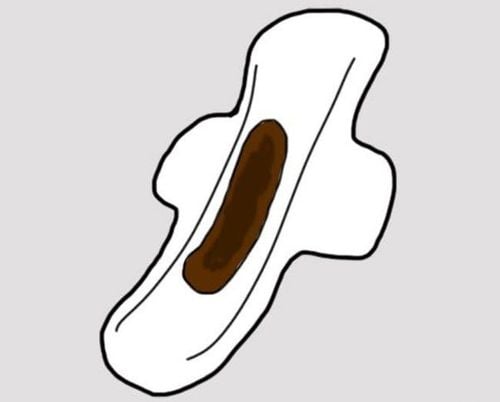This is an automatically translated article.
With the results of a new study, the door to treating menopausal symptoms such as hot flashes and night sweats has once again opened to female hormone drugs, once considered dangerous for women. with human health.1. What is menopause in women?
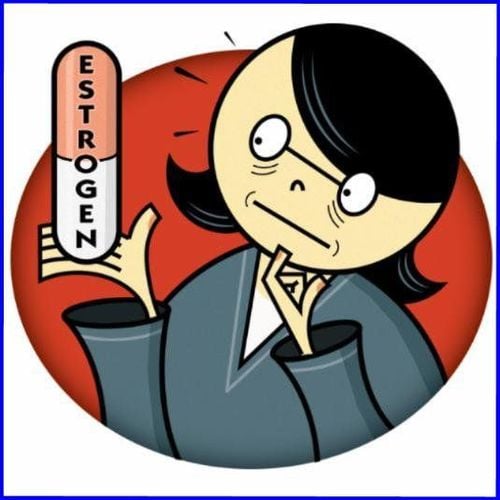
Mãn kinh được định nghĩa là khi chu kỳ kinh cuối cùng kết thúc.
2. Results of new studies and the return of hormone replacement therapy

Những bệnh nhân nữ giờ cần đưa ra quyết định họ có muốn sử dụng liệu pháp nội tiết tố thay thế hay không.
The study found that women who used estrogen alone for an average of 7 years or who took combined estrogen and progesterone therapy for an average of 5 years did not have an increased risk of death 18 years later, compared with women who used estrogen alone. placebo use.
Clinical trials “provided support for the use of hormone therapy in the treatment of hot flashes, night sweats, and other annoying symptoms of menopause that affect women's quality of life with no particular reason to avoid hormone therapy," said study lead author Dr JoAnn Manson, chair of preventive medicine at Brigham Hospital and women in Boston.
The latest results from the Women's Health Initiative (WHI) trial dispel the obsessions from research published in 2002, says Dr. Len Lichtenfeld, vice president Medical Oncology Association of America.
Research report from 2002 states that hormone replacement therapy increases the risk of breast cancer and stroke in women, making later doctors unwilling to use hormone therapy to treat these conditions. menopause symptoms.
New updates show women will not die after using hormone replacement therapy , even though the therapy increases the risk of health problems such as breast cancer, stroke or heart disease cardiology, says Dr. Lichtenfeld.
“It is true that there are adverse risks, but those disadvantages do not lead to premature death” - Dr. Lichtenfeld.
Female patients now need to make a decision whether they want to use HRT, knowing the possible risks (but not leading to premature death), and understanding that the use of therapy did not change their own survival time, added Dr. Lichtenfeld.
Estrogen alone may be indicated for use in women who have had a hysterectomy, says Dr. Manson. For other women, estrogen therapy should be combined with additional progesterone to protect against the increased risk of uterine cancer.
The Women's Health Initiation (WHI) trial followed the status of more than 27,000 women with an average age of 63 who had been given either hormone replacement therapy or a placebo for a period of time. 1993 - 1998.
After 18 years, including 10 to 12 years after the women stopped hormone therapy, the researchers found no beneficial or detrimental effects on the rate of mortality has been associated with treatment with estrogen alone or estrogen plus progesterone.
Dr. Manson emphasized that finding no effect on mortality regardless of cause was more important than finding a link between cancer or cardiovascular disease and mortality.
“When testing a drug with a complex benefit-risk ratio, cause-regardless of mortality, or overall mortality, is the optimal criterion for considering the effects of the drug. that drug for serious life-threatening problems.” Cancer-related mortality for the use of combined estrogen and progesterone therapy was unchanged, because the therapy increased breast cancer risk but reduced the risk of uterine cancer. Hormone therapy actually doesn't affect most other types of cancer, so the overall impact of hormones on cancer mortality is constant. Those are the conclusions of Dr. Manson.
Dr. Lichtenfeld added the idea that women on hormone therapy do not easily die from cancer or heart disease because doctors today treat these problems much better than before. a lot of. There is therefore reason to assume that better treatments have improved the prognosis for these diseases. Lichtenfeld also stressed that the hormone replacement used in the women was only for limited use in the trial. “This study does not mean that female patients can arbitrarily take hormone therapy and rely on it for life. In the trial, participants received standardized hormone therapy for immediate relief of menopausal symptoms,” explains Dr. Lichtenfeld.
Dr. Manson added that the study only used estrogen and progesterone in pill form, because at the time of the study only such pill forms existed. Today, however, women can use hormone therapy in a variety of forms, such as transdermal absorption in patches, gels, or sprays, with the ability to use lower doses than previously thought. used in the Women's Health Initiation (WHI) trial. Therefore, more in-depth studies on the benefits and risks of these new drugs are needed.
Please dial HOTLINE for more information or register for an appointment HERE. Download MyVinmec app to make appointments faster and to manage your bookings easily.
Article reference source: webmd.com



